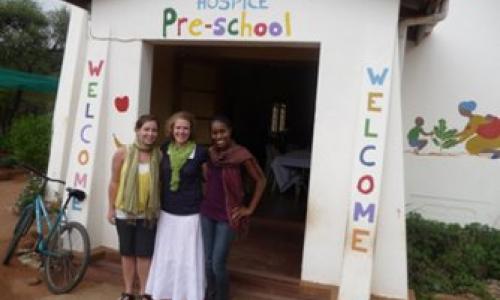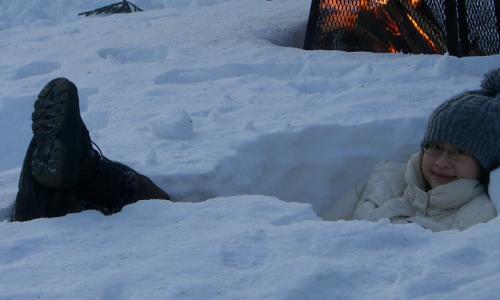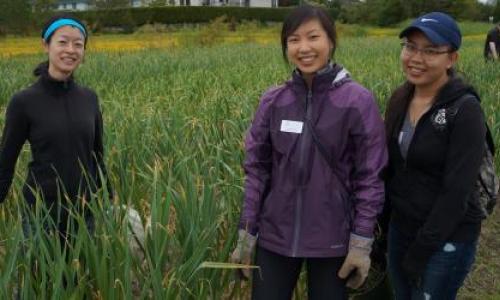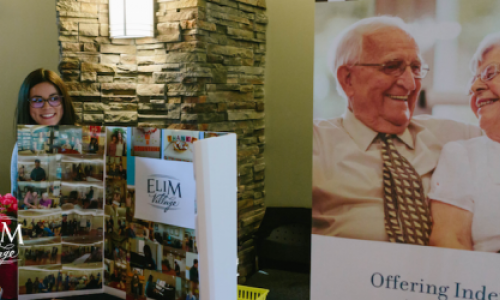
This article was originally published in the Spring 2014 Arts Co-op Newsletter.
For Alison Tan, a fourth year SFU student studying History and Communication, Co-op has been a way to explore career paths in her areas of interest and become familiar with the job search process, all while completing her Bachelor’s degree. Alison is currently working on her third Co-op placement at Ausenco (an engineering firm in Vancouver), as a marketing co-op student. Her previous work terms include a marketing communications position with SNC-Lavalin (an environmental engineering consulting firm), as well as Agriculture and AgriFood Canada (AAFC) as a marketing-communications assistant. Alison had much to say about her experience with the Arts Co-op program and staff.
Q: How instrumental have the Arts Co-op staff been in helping you achieve your goals?
A: Very instrumental, especially at the beginning. Being someone who was new to the job search process, I was really proactive in taking advantage of the guidance that we have available. I would seek out meetings to discuss job prospects, and just to figure out, what are my interests suited to? What kind of jobs should I be looking for? When I started getting interviews, I would almost always do a mock interview beforehand. I remember [my Arts Co-op advisor] meticulously going through my resume, my cover letter, and showing me what she thought would be my interview questions, which turned out to be very similar to what [AAFC] gave me. Basically, she gave me the best preparation I had ever had.
Q: Where do you see yourself in 5 years? Is that different than where you saw yourself before completing a Co-op work term?
A: With the positions that I’ve had, I haven’t sought out “working with engineers” or “environmental causes” - it’s just how it has worked out. I’ve interviewed for a lot of varied positions, and I think I always had an open mind, but Co-op opened it even more. Going into co-op, I thought, “even if I never get a co-op job, it will be good that I’ve applied for jobs and learned about the job application process.” You really never know what opportunities come up and what you might be interested in. It’s so important to keep things in perspective; never rest on your laurels or think you don’t have a chance. You just have to do the best you can with what you have. You don’t control who the competition is, or what an employer thinks of you. Be accepting of different opportunities that you didn’t think of in the first place.
Q: What from your academics have you been able to apply to your work, and vice versa?
A: I’ve never been afraid to go for something “outside my field” because I guess a lot of [my skills are] transferable. I would say that it’s my academic work ethic that transferred to my professional work ethic, rather than the other way around. I am fortunate enough to be academically successful, and I think it has more to do with the fact that I take my job as a student seriously, and I’ve been able to transfer that to my working life. When I take on a position, I come to understand the structure of how things work, respect my peers and respect my superiors. I don’t think there’s a substitute for hard work.
Beyond the Blog
-
Visit the FASS co-op page to learn more!














